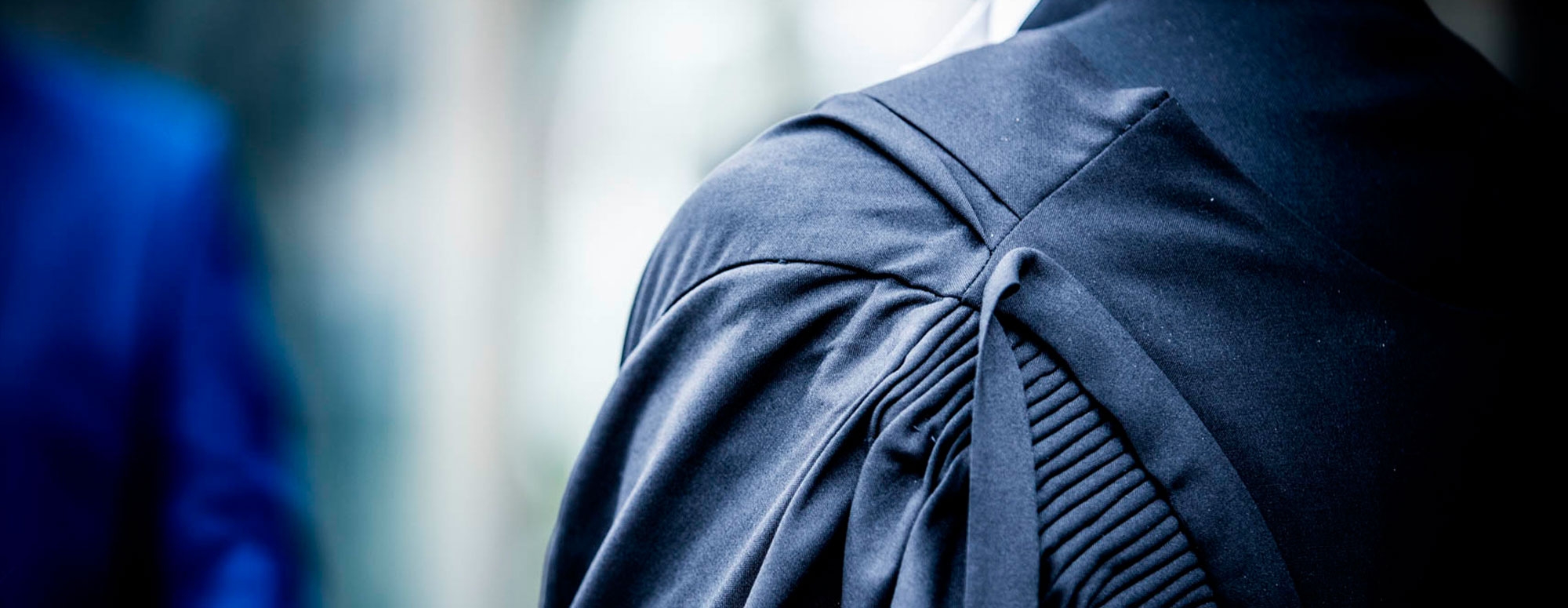Barristers with a disability
The Victorian Bar is committed to ensuring that those members with a disability have the support they need to work within an inclusive environment.
The Victorian Bar’s support for barristers with a disability
The Victorian Bar should reflect the diversity of the community it serves. People with disability are part of that community but lawyers with disability who practise as barristers are under-represented. The Bar would like to address this deficiency. It believes that more lawyers with disability should be able to view a career at the Bar as both practical and possible.
The Bar has endorsed a Statement of Principles on Disability, available here, which reflects the Bar’s commitment to ensuring that barristers and lawyers who wish to practise as barristers are able to do so on an equal basis with others by removing barriers to their participation and advancement in the profession.
To realise its ambitions for greater and better participation, the Bar must do what it can to assist, by providing information and implementing practical change to take into account the effects of disability. There are many ways this can be done – some are simple, others may require greater and more sustained effort. They include addressing, and dispelling, false assumptions, whether they are made by those with disabilities contemplating life as a barrister or by others about a barrister with a disability. Such assumptions are the antithesis of the merit-based culture that the Victorian Bar extols and seeks to foster and may preclude a qualified person from coming to the Bar.
The observations of Justice Sopinka of the Canadian Supreme Court made in Eaton v Brant County Board of Education [1997] 1 SRC 241 at [67] seem to encapsulate the task: “…It is the failure to make reasonable accommodation, to fine tune society so that its structures and assumptions do not result in the relegation and banishment of disabled persons from participation, which results in discrimination against the disabled”. With this in mind, the Victorian Bar is committed to working towards greater participation in the profession as barristers, by lawyers with disability, and to the elimination of barriers, real or perceived, to that participation.
Assistance for members with a disability
The Victorian Bar recognises that disability takes many forms and that a person’s experience of their disability is unique and personal. For instance, the Bar understands that many lawyers with a disability prefer not to draw attention to their disability. Nonetheless, disability-related practice problems do arise from time to time, sometimes more frequently.
The Bar can provide support and assistance in the following areas:
- chambers-related issues, like access, office equipment, desks, chairs, IT or with BCL support
- Bar office services, such as CPD or other Bar events and functions, and
- addressing access, facilities or appearances in Court.
In addition, the Bar operates a referral scheme which is available to existing or prospective barristers with a disability who wish to have a confidential discussion, obtain help and support or problem solve by speaking with an experienced barrister with an interest in, or an experience of, disability. The barristers who are participating in this referral scheme are:
- Michael Roberts KC
- Malcolm Harding S.C.
- Marc Felman KC
- Carl Moller S.C.
- Kaye McNaught
- Erin Hill
- John Maloney
Those who wish to obtain information or obtain a referral should contact the Victorian Bar’s Executive Director.
Courts and Tribunal policies for accessibility
The following sites provide information on disability policies and access at Victoria’s courts and tribunals.
- The Victorian Equal Opportunity & Human Rights Commission 'Equal Opportunity Practice Guidelines'
- Supreme Court of Victoria
- Federal Court of Australia
- Federal Circuit Court of Australia
- Magistrates’ Court of Victoria (accessibility and contact details differ per court location)
- Administrative Appeals Tribunal
- Victorian Civil & Administrative Tribunal


